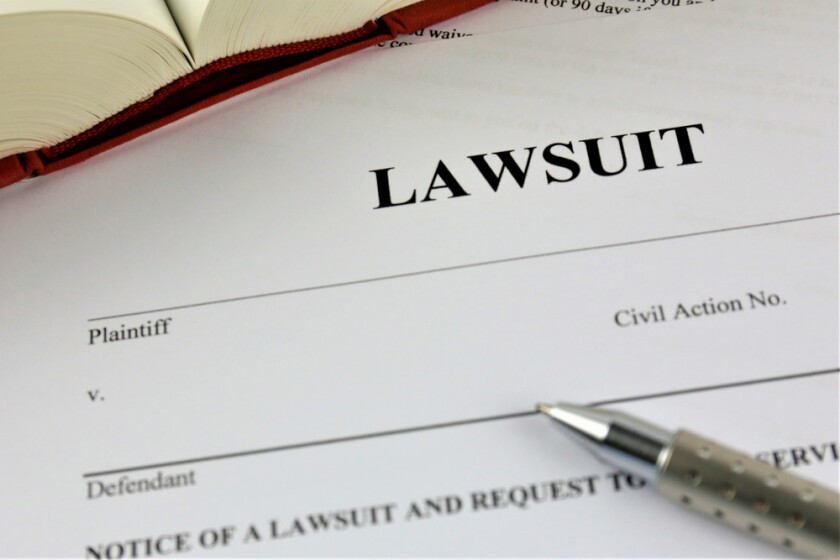Manata appears to have been constantly stymied in his attempts to bring his allegations to light. In a lawsuit he recently filed, he alleges that he was warned by the county prosecutor’s office two years ago against filing a complaint against Mayor Sal Bonaccorso. Furthermore, Manata alleges, the prosecutor’s office said that it could not promise that his complaint would remain anonymous. The lawsuit goes on to state that the mayor somehow discovered that Manata was going to make a formal complaint and that Manata was then suspended from his job.
This is just one recent example of whistleblowers being punished as they seek to disclose uncomfortable truths. A state trooper in Maine, for example, alleges that his recent poor performance reviews are due to his whistleblowing concerning intelligence-gathering practices in his department. And a whistleblower at a jail in Oklahoma was fired for disclosing that a supervisor — now facing possible jail time — deliberately put inmates in harm’s way.
Government whistleblowers serve a vital function. They help to curb governmental abuses and ensure good stewardship of the people’s resources. These are not people who necessarily seek out attention; rather, they feel compelled to report wrongdoing because they care for their communities. Manata says that he does have regrets, but not because he made the recordings, even though doing so violated town policy; rather, he says he wishes he had gone public with his allegations sooner.
The reason that Manata’s story is repeated all over the country is because state and local governments are not hospitable places for whistleblowing. This is due in part to an incoherent mosaic of state laws purporting to protect whistleblowers. According to a compilation of whistleblowing laws by Public Employees for Environmental Responsibility (PEER), a state may protect whistleblowing concerning the waste of public funds or resources but not for mismanagement or ethical breaches (as is the case in Idaho), or it may cover those areas but omit others such as dangers to public health or safety (as in Colorado).
However, even the presence of these laws does not guarantee their enforcement. According to PEER, for example, New Jersey has statutes on its books to protect public employees and is one of the better states for whistleblowers. But that regime is still failing people like Antonio Manata.
There are tangible steps that could be taken to make whistleblowing more effective. The simplest would be to do more to educate those who work in government about whistleblowing. There are services available at the federal level through nonprofits such as theProject on Government Oversight, while organizations like the Government Accountability Project also protect state and local workers who report wrongdoing. More could be done to make sure that their resources reach those who need them.
States could also replicate the best practices found in the strongest whistleblower-protection statutes. State laws, in PEER’s view, should provide a broad definition of whistleblowing (coverage), protect disclosures to various types of officials or organizations (usability), and provide mechanisms to rectify any sort of retaliation (remedies). According to PEER’s rankings, the District of Columbia leads the way on this issue, with a wide breadth of coverage, high usability and strong remedies.
Another solution would be to add new institutions for whistleblowing. States could reform their laws to make sure that there are protection agencies similar to federal ones such as the Merit Systems Protection Board, the Office of Special Counsel or inspectors general that are dedicated to serving whistleblowers.
Finding and identifying waste, fraud and abuse form a cornerstone of good governance. For those who prioritize those ideas, it is crucial to ensure that the proper tools are available so that government serves the people and not itself.
Michael E. Bednarczuk is a professor of public administration and director of the master’s in public administration degree program at Randall University. He can be reached by email at mbednarczuk@ru.edu and on Twitter at @mebednarczuk.
Governing’s opinion columns reflect the views of their authors and not necessarily those of Governing’s editors or management.











